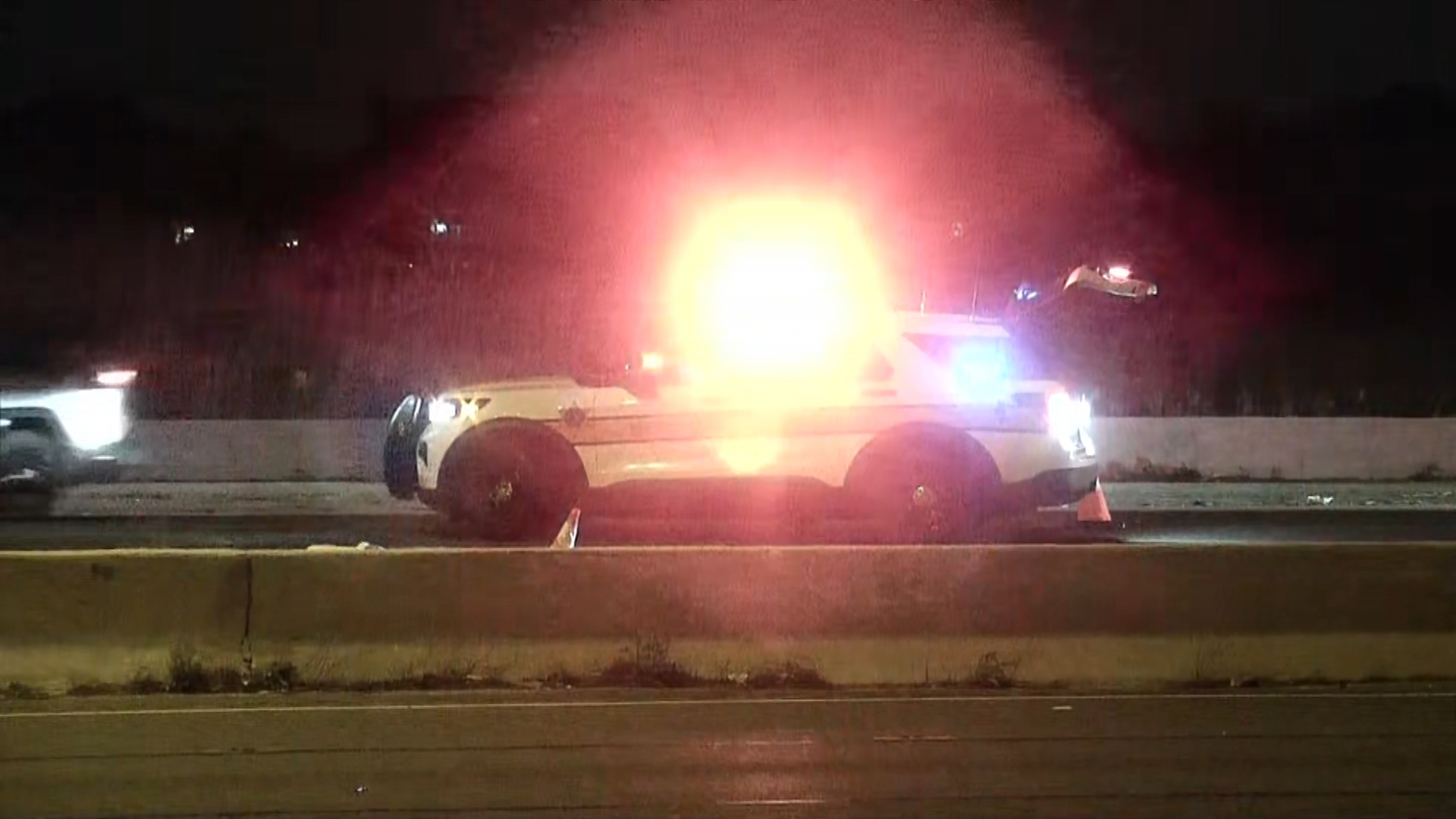Monday's winter storm -- complete with the rare thundersnow -- delivered enough snow on the Chicago area to put this season on the record books as the city's fifth snowiest season ever.
By 6 p.m., O’Hare International Airport had recorded 4.7 inches of snow for the day, bringing the season’s total to 66.8 inches. That pushed this season past the winter of 1951-1952 for the fifth snowiest on record.
The next target: the winter of 1966-1967, which saw 68.4 inches. But we've got a long way to go before we even match the winter of 1978-1979, which saw a whopping 89.7 inches of snow.
On Monday, President's Day, Romeoville recorded 7.4 inches of snow, 5.4 inches at Midway Airport, 6 inches in Kankakee, 6.5 inches in Gary and 6.2 inches in DuPage County.
Officials from Chicago's Department of Streets and Sanitation put out 287 snow plows and salt spreaders onto the city's main thoroughfares. The Illinois Tollway deployed 182 pieces of snow-fighting equipment onto the 286-mile system.
But it wasn't enough to combat snowy streets on the Monday evening commute. The rate of snow fall combined with the volume of rush hour traffic reduced the ability of IDOT plows to be effective. The Circle Interchange turned into an icy mess, with vehicles finding problems moving on the slick roads.
At several points Monday afternoon, a rare weather phenomenon called "thundersnow" could be heard in several suburbs and downtown Chicago.
As snowfall picked up, Chicago Public Schools said several schools had canceled after-class activities. Schools throughout the suburbs announced early dismissal.
The storm prompted the cancellation of hundreds of flights at Chicago's two main airports.
Temperatures are expected to reach near 40 degrees Tuesday and Wednesday and close to 50 degrees by Thursday. But late Thursday, thunderstorms are possible that could turn into more snow.
Local
But as the city begins to thaw, the melting ice and snow could become a problem for homeowners.



